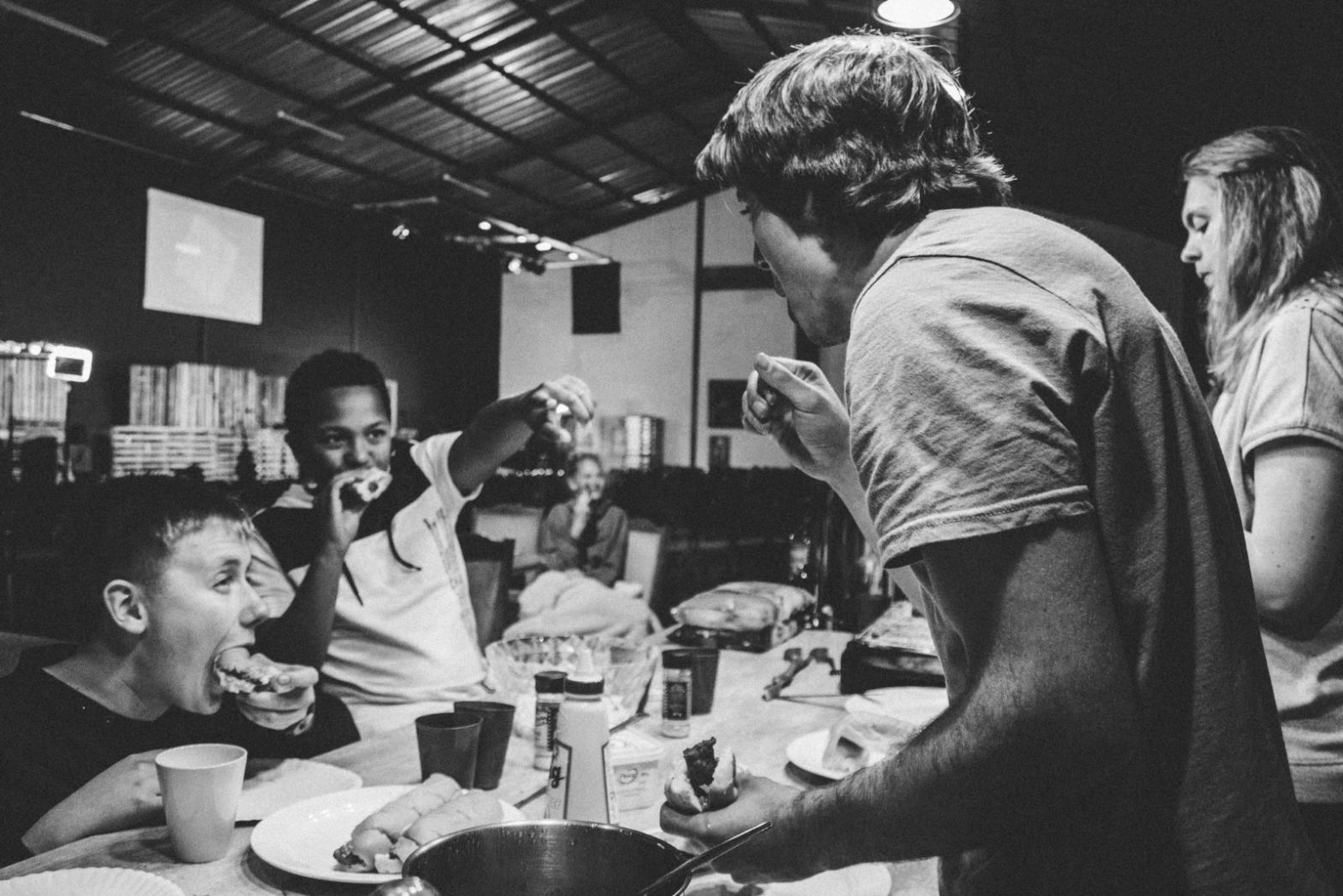By, Isam Itson III
Love is not rude, – 1 Corinthians 13:5
When the author of the text says that love is not rude, he is saying that love is polite or courteous. Practicing courtesy is the simplest way to practice respect for others. Honoring the social norms of our society that demonstrate respect for others is a principle expression of love. The word translated rude means to behave dishonorably, to act shamefully, and to act in defiance of social and moral standards with resulting disgrace, embarrassment, and shame. A loving person conducts themselves positively in their society. A loving person expresses respect for the people they encounter throughout their daily life.
When you see someone who makes their child say please and thank you and respond to common greetings they are teaching their children to behave respectfully. When the child fails the parent usually apologizes for their child and then corrects their child. Common courtesies are important for initiating and nurturing our relationships as well as maintaining harmony in our societies at large. As our communities become more ethnically, economically, and culturally diverse it is critical to take the time necessary to learn how each of us expresses honor and respect for others. I do know the need to learn about individuals and groups of people who are different than me is critical to developing respectful, honorable, and trusting relationships within my local community.
During the Rodney King riots in Los Angeles in 1992 there were a lot of small shops owned by Korean immigrants in Black neighborhoods that were destroyed. One of the things that came out in the aftermath of those events was almost too simple for most people outside of the community to process. However, it goes to our main point.
I do not know what relations are like between the Korean and Black communities in Los Angeles today. But, in the late 1980’s and early 1990’s there was a lot of tension in Los Angeles between members of the Black community and Korean immigrants who ran small stores in predominantly Black neighborhoods. One of the key elements of that tension was a simple cultural disconnect. In the United States, when a clerk or shopkeeper gives someone change or a receipt they place it directly in the hand of their customer, person to person. In Korea, and many other parts of Asia, this is seen as disrespectful. The shopkeeper or clerk shows respect for their customer by placing the change or receipt on the counter so that their customer does not have to touch them as a sign of humility and respect.
Most Americans, including Black Americans, see this type of hands off exchange as disrespectful. When you give change to an American they open their hand and you place their change in their hand. The Koreans thought they were being courteous and respectful. Their customers thought they were being rude and disrespectful. With every transaction between Korean shop owners and their Black customers the feelings of disrespect and confusion nurtured a lack of trust and mounting hostility between the members of each community. This anger fed a great deal of the destruction of Korean businesses that took place during the Los Angeles Riot of 1992 in response to the Rodney King trial.
The Korean shopkeepers wanted to have successful businesses. But they did not take the time to learn the customs of the community they were serving. The members of the Black community were offended but no one took the time to make a real personal connection and educate the shopkeepers. Since that time this knowledge has spread and their children have very different attitudes. But the damage was already done to the relationships between that older generation of Korean business owners and the members of the Black communities they served.
Observing social norms of courtesy feels stiff or formal to some of us. Some of us just feel anxious when we encounter someone we don’t know so we avoid eye contact and move quickly out of a sense of embarrassment. Some of us are so focused on getting our task accomplished that we “don’t have time” to acknowledge the people around us. We just stay on task because we have things we want to get done. No matter the reason for avoiding each other, the outcome is the same. We communicate to the people around us that they are not worth our time or attention. That is not our intention. It is simply our unavoidable message.
We matter. Our words and actions are meaningful. The people around us matter. Their words and actions are meaningful. Taking the time to acknowledge and learn from each other is honorable to one another, and it honors God’s love for all of us, since each of us are precious to God. Whatever the social norms are in your local community, acknowledge the value and respect due to the people around you. Even if it costs you a moment of embarrassment or two extra seconds when you are in a hurry. The resulting peace and goodwill is priceless.
For reflection
1. As described in the article, politeness doesn’t always look the same to everyone, what is something that might be unique to your family or culture that you do to be polite or show respect for another person?
2. Have you ever responded to someone’s rudeness with a polite or kind attitude or gesture? Has someone ever responded to your rude behavior with grace and kindness? How did you feel?

